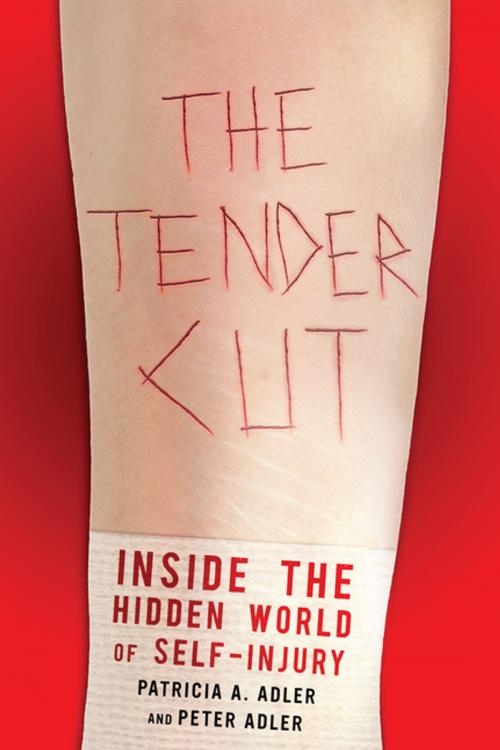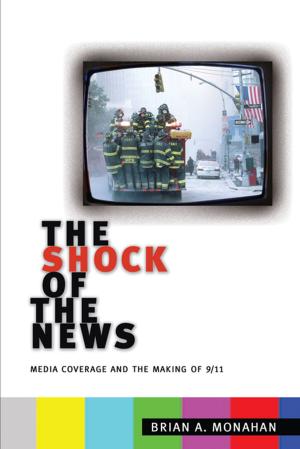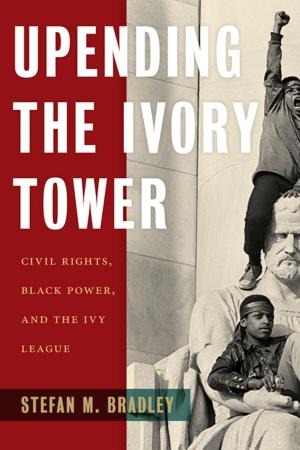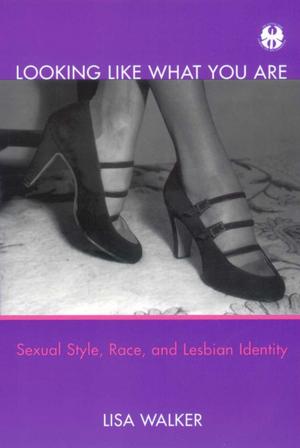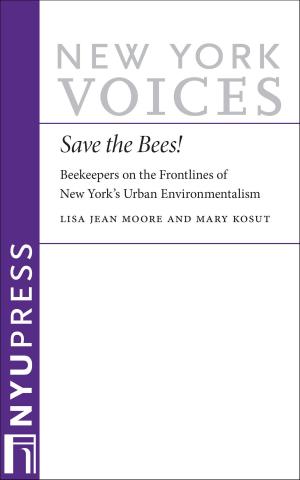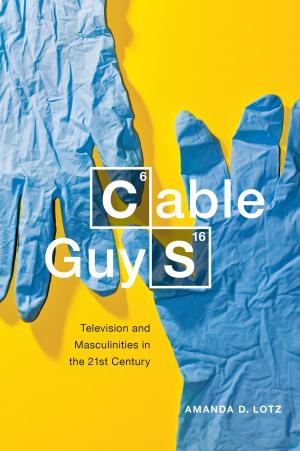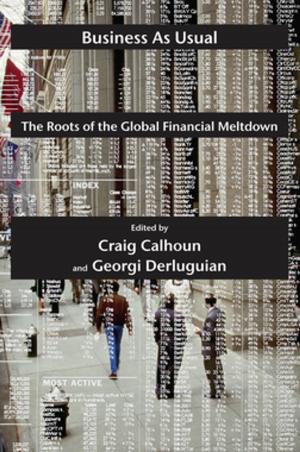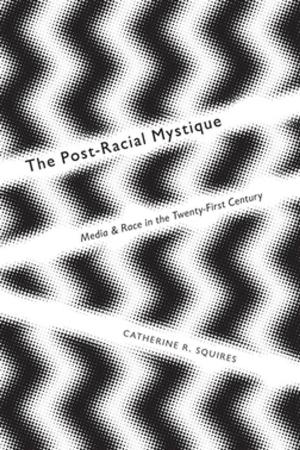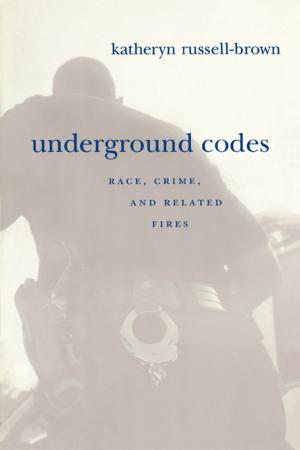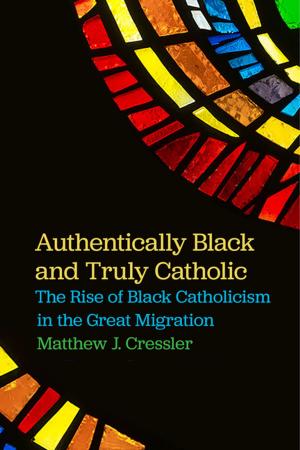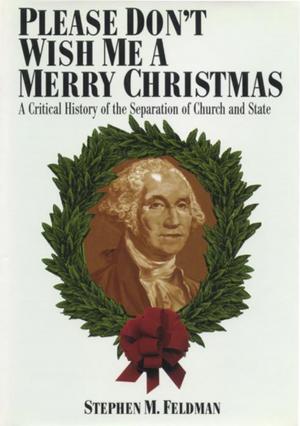The Tender Cut
Inside the Hidden World of Self-Injury
Nonfiction, Social & Cultural Studies, Social Science, Sociology| Author: | Patricia A. Adler, Peter Adler | ISBN: | 9780814705186 |
| Publisher: | NYU Press | Publication: | August 22, 2011 |
| Imprint: | NYU Press | Language: | English |
| Author: | Patricia A. Adler, Peter Adler |
| ISBN: | 9780814705186 |
| Publisher: | NYU Press |
| Publication: | August 22, 2011 |
| Imprint: | NYU Press |
| Language: | English |
Cutting, burning, branding, and bone-breaking are all types of self-injury, or the deliberate, non-suicidal destruction of one’s own body tissue, a practice that emerged from obscurity in the 1990s and spread dramatically as a typical behavior among adolescents. Long considered a suicidal gesture, The Tender Cut argues instead that self-injury is often a coping mechanism, a form of teenage angst, an expression of group membership, and a type of rebellion, converting unbearable emotional pain into manageable physical pain.
Based on the largest, qualitative, non-clinical population of self-injurers ever gathered, noted ethnographers Patricia and Peter Adler draw on 150 interviews with self-injurers from all over the world, along with 30,000-40,000 internet posts in chat rooms and communiqués. Their 10-year longitudinal research follows the practice of self-injury from its early days when people engaged in it alone and did not know others, to the present, where a subculture has formed via cyberspace that shares similar norms, values, lore, vocabulary, and interests. An important portrait of a troubling behavior, The Tender Cut illuminates the meaning of self-injury in the 21st century, its effects on current and former users, and its future as a practice for self-discovery or a cry for help.
Cutting, burning, branding, and bone-breaking are all types of self-injury, or the deliberate, non-suicidal destruction of one’s own body tissue, a practice that emerged from obscurity in the 1990s and spread dramatically as a typical behavior among adolescents. Long considered a suicidal gesture, The Tender Cut argues instead that self-injury is often a coping mechanism, a form of teenage angst, an expression of group membership, and a type of rebellion, converting unbearable emotional pain into manageable physical pain.
Based on the largest, qualitative, non-clinical population of self-injurers ever gathered, noted ethnographers Patricia and Peter Adler draw on 150 interviews with self-injurers from all over the world, along with 30,000-40,000 internet posts in chat rooms and communiqués. Their 10-year longitudinal research follows the practice of self-injury from its early days when people engaged in it alone and did not know others, to the present, where a subculture has formed via cyberspace that shares similar norms, values, lore, vocabulary, and interests. An important portrait of a troubling behavior, The Tender Cut illuminates the meaning of self-injury in the 21st century, its effects on current and former users, and its future as a practice for self-discovery or a cry for help.
